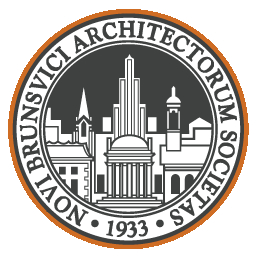Built Offsite, Built to Perform: The Synergy Between VRF Technology and Modular Construction
Sponsored by Mitsubishi Electric Trane HVAC US LLC (METUS) | Presented by John Tienken and Amanda Gattenby
Webinar On-Demand
Modular construction is projected to play a significant role in the future of the building industry and Variable Refrigerant Flow (VRF) systems are poised to become the standard for modular projects. This webinar, presented by Mitsubishi Electric Trane HVAC US, dives into the fundamentals of VRF technology and modular building. Presenters John Tienken (Mitsubishi Electric) and Amanda Gattenby (CRATE Modular), discuss where VRF technology and modular construction intersect to offer cost, comfort and design benefits all while streamlining project timelines and processes.

Photo courtesy of Mitsubishi Electric Trane HVAC US

|
John Tienken, Business Development Manager for Modular Construction, Mitsubishi Electric Trane HVAC US, is the business development manager for modular construction at Mitsubishi Electric Trane HVAC US (METUS), with a focus on commercial projects. In early 2021, John utilized his 18+ years of experience in various sales positions within the company to help to develop the modular construction vertical as a priority for METUS. He holds an MBA from Mercer University (Atlanta) and business administration degree from Furman University (Greenville, SC).
Amanda Gattenby, Vice President of Development, CRATE Modular,
with over 17 years of experience in the deployment of primarily affordable housing across two states, Amanda Gattenby has overseen the on-site construction of over a thousand units. Her background consists of affordable housing development, owner’s representation and construction project management. Amanda embraced modular in 2016 as a way to solve some commonly found problems and hasn’t looked back. She believes that modular is the future of building and the only way out of the current housing crisis. At CRATE Modular, she manages a complex pipeline of both container-based and steel frame modular projects as VP of Development. She has been in this role since 2019.
|
Formed in May 2018, Mitsubishi Electric Trane HVAC US LLC (METUS) is the exclusive provider of Zoned Comfort Solutions® and a leading supplier of ductless, ducted and Variable Refrigerant Flow (VRF) heating and cooling systems in the United States and Latin America. A joint venture between Trane Technologies plc and Mitsubishi Electric US, Inc., the company provides innovative products, systems and solutions capable of heating and cooling a broad range of applications, from a home to a large commercial building with superior efficiency, comfort and control. The family of brands supported by METUS includes: Mitsubishi Electric, Trane®/Mitsubishi Electric and American Standard®/Mitsubishi Electric. More information is available at www.metahvac.com.
Originally published in Security
Originally published in February 2022
LEARNING OBJECTIVES
- Explain the basics of VRF system parts and operation.
- Explain how all-electric VRF systems benefit commercial building owners, developers and engineers.
- Discuss the basics of modular/prefabricated construction and why VRF technology is a complement.
- Describe a real-world example highlighting how VRF technology benefitted the construction process and helped meet efficiency goals for a modular project.











